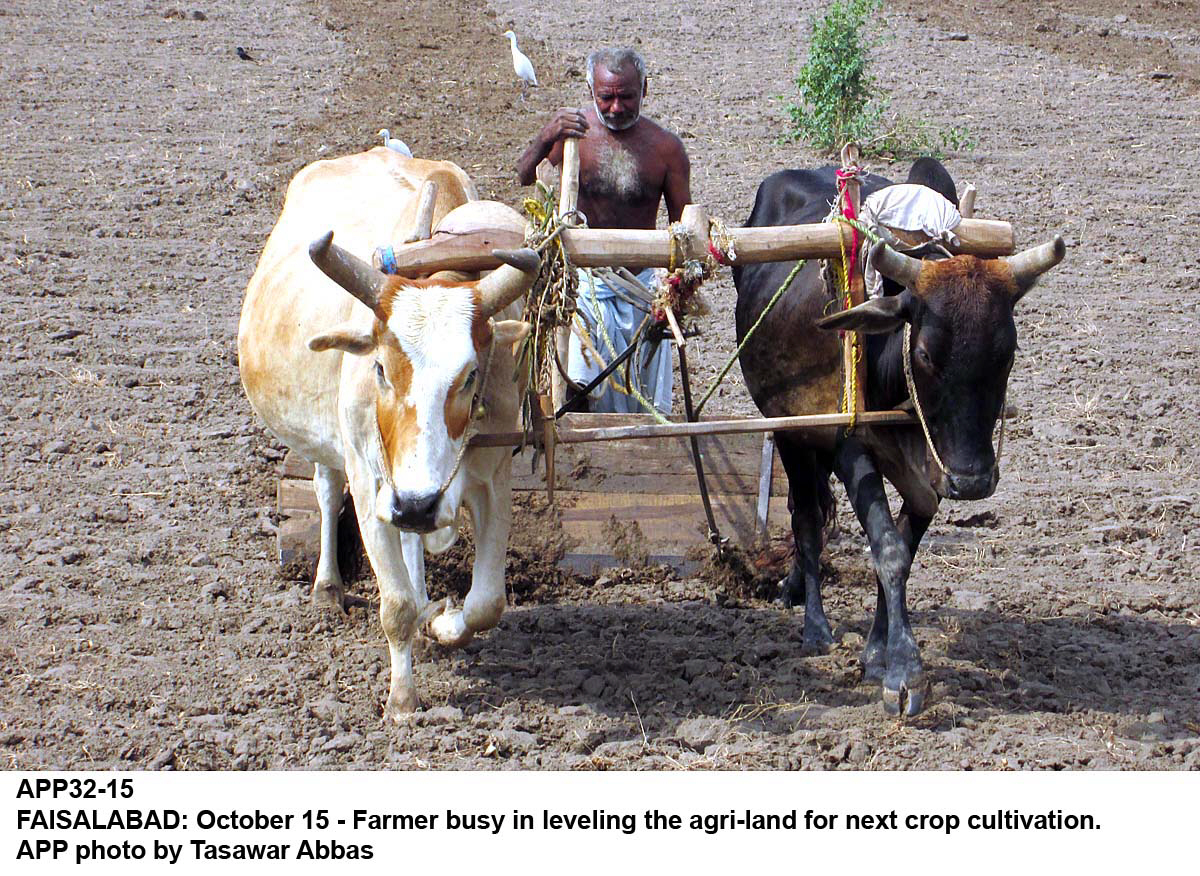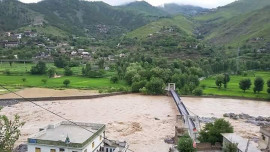
The monsoon rains would boost production of sugarcane, rice and maize crops which require more moisture content for enhancing productivity, according to agriculture experts. They say this will also reduce expenditures on diesel and electricity required for running tube wells to irrigate the crops.
The timely monsoon rains has facilitated the growers to plant their field in time, said Asif Ali, an agriculture expert, while talking to The Express Tribune.
He added that cotton crop was under severe stress due to pest attack, especially white fly and cotton leaf curl virus, which increased the threat to crop growth.
Out of four major crops of Pakistan, three crops, sugarcane, rice and cotton, are sown in Kharif season. Sugarcane and rice need access to water at the time of sowing and timely monsoon rains fulfilled this requirement. It has also decreased the cost of production because the growers largely rely on tube wells to irrigate their crops, said Hameed Chaudhry, Executive District Officer of Punjab Agriculture Department.
On the other hand, the third major crop, cotton, may be affected by the monsoon rains, as this may become a reason for spread of virus diseases for the cotton plants.
Published in The Express Tribune, August 5th, 2015.
Like Business on Facebook, follow @TribuneBiz on Twitter to stay informed and join in the conversation.




































1713853507-0/MalalaHilary-(2)1713853507-0-270x192.webp)







COMMENTS
Comments are moderated and generally will be posted if they are on-topic and not abusive.
For more information, please see our Comments FAQ